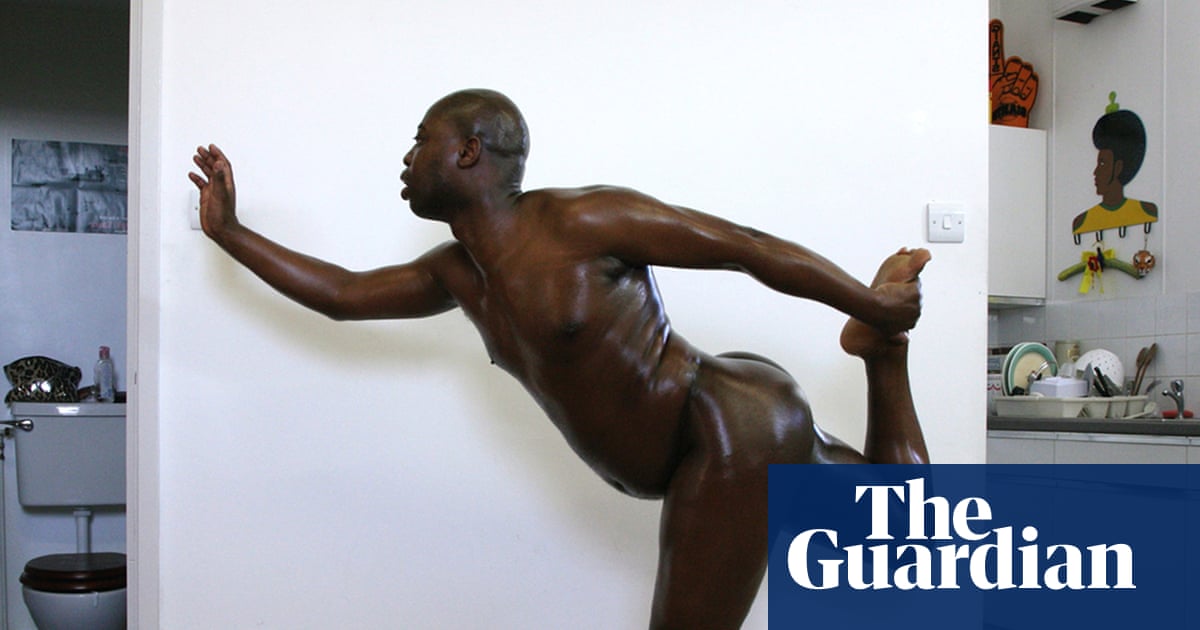Resident doctors in England have voted in favour of strikes that could result in industrial action lasting until January next year, the British Medical Association has announced.
The strikes, over pay, will bring renewed disruption to the NHS in England, which has not faced a national strike by any staff since the last of the 11 walkouts by junior doctors ended on 2 July last year.
A statement from the BMA said 90% of resident doctors had voted in favour on a turnout of 55%.
Junior doctors – as resident doctors were previously known – went on strike in pursuit of higher pay 11 times, for a total of 44 days, between March 2023 and July 2024. The then Conservative government refused to meet their demands.
But Wes Streeting, the new Labour health secretary after the party took power on 5 July last year, ended the strikes when he did a deal with the British Medical Association (BMA) which gave junior doctors a 22% pay rise for 2023/24 and 2024/25.
Hospital bosses have said that renewed industrial action by resident doctors could lead to hospitals having to reschedule hundreds of thousands of outpatient appointments and operations.
“The last thing health leaders want is more industrial action, which will likely lead to tens, if not hundreds, of thousands of appointments and operations being cancelled, leaving patients in pain and frustration,” Danny Mortimer, the chief executive of NHS Employers, said.
“While we fully understand the genuine grievances resident doctors have over their pay, conditions and training, going on strike will have a huge impact on the NHS and patients,” he added.
The BMA criticised the 5.4% award resident doctors were given in May as “woefully inadequate” and “derisory”. It has made clear that resident doctors want their salaries increased by 29% over the next few years to make up for the erosion in their value since 2010. But it has stressed that they are seeking the 29% rise over several years and not for 2025/26 alone.
The looming strikes pose a serious problem for Streeting. If he increases the 5.4% rise he awarded resident doctors in May, other NHS staff groups may press for higher amounts too. Several unions, including the Royal College of Nursing and Unison, are already holding indicative ballots to see if members are prepared to strike in protest at their 4% award.
But if Streeting does not budge then resident doctors are likely to keep striking until they secure a higher award, as they did during 2023 and 2024. The tough public finances facing the government mean he has limited room for manoeuvre, especially given that 1.5 million people work for the NHS in England, so any increase on sums already announced would be very expensive.
after newsletter promotion
The ballot result also means the NHS could face coordinated strikes in the autumn by both resident doctors and hospital consultants. The latter are also threatening to strike over the 4% pay rise they were awarded for this year, which the BMA has called “an insult to senior doctors”.
The BMA is launching an indicative ballot of its consultant members in England on 21 July, to explore their willingness to stage walkouts in pursuit of a higher salary increase.
“We ask the government whether it can really risk having several groups of doctors on picket lines together later this year,” Dr Helen Neary and Dr Shanu Datta, the co-chairs of the union’s consultants committee, said when they announced the indicative ballot last month.

 3 months ago
48
3 months ago
48

















































